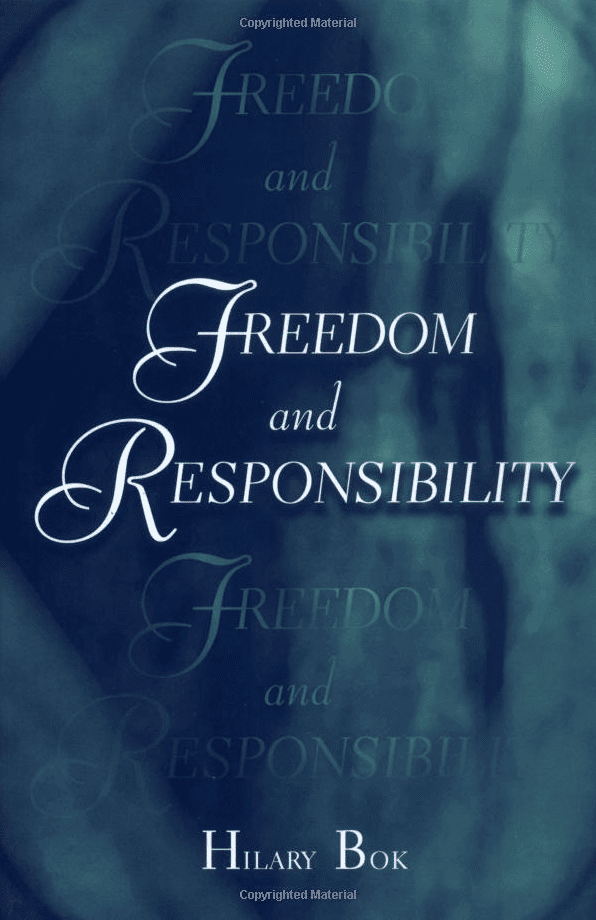Richard Bett presents a ground-breaking study of Pyrrho of Elis, who lived in the late fourth and early third centuries BC and is the supposed originator of Greek scepticism. In […]
This is the first book in English devoted entirely to Kant’s Opus postumum and its place in the Kantian oeuvre. Over the last few decades, the importance of this text for our […]
What is epistemology or “the theory of knowledge?” What is it really about? Why does it matter? What makes theorizing about knowledge “philosophical?” Why do some philosophers argue that epistemology—perhaps […]
This volume contains a new translation of Against the Ethicists, together with an introduction and extensive commentary. Those who have discussed this work in the past have tended to underestimate it, […]
Inspired by the work of Wilfrid Sellars, Michael Williams launches an all-out attack on what he calls “phenomenalism,” the idea that our knowledge of the world rests on a perceptual […]
Can we reconcile the idea that we are free and responsible agents with the idea that what we do is determined according to natural laws? For centuries, philosophers have tried […]
In Unnatural Doubts, Michael Williams constructs a masterly polemic against the very idea of epistemology, as traditionally conceived. Although philosophers have often found problems in efforts to study the nature and […]
This volume brings together 11 essays by the distinguished philosopher of science, Peter Achinstein. The unifying theme is the nature of the philosophical problems surrounding the postulation of unobservable entities […]
While the scientist works essentially with what he observes, with the measurable properties of nature, the philosopher of science is concerned to formulate the conceptual foundations of the scientific method. […]








